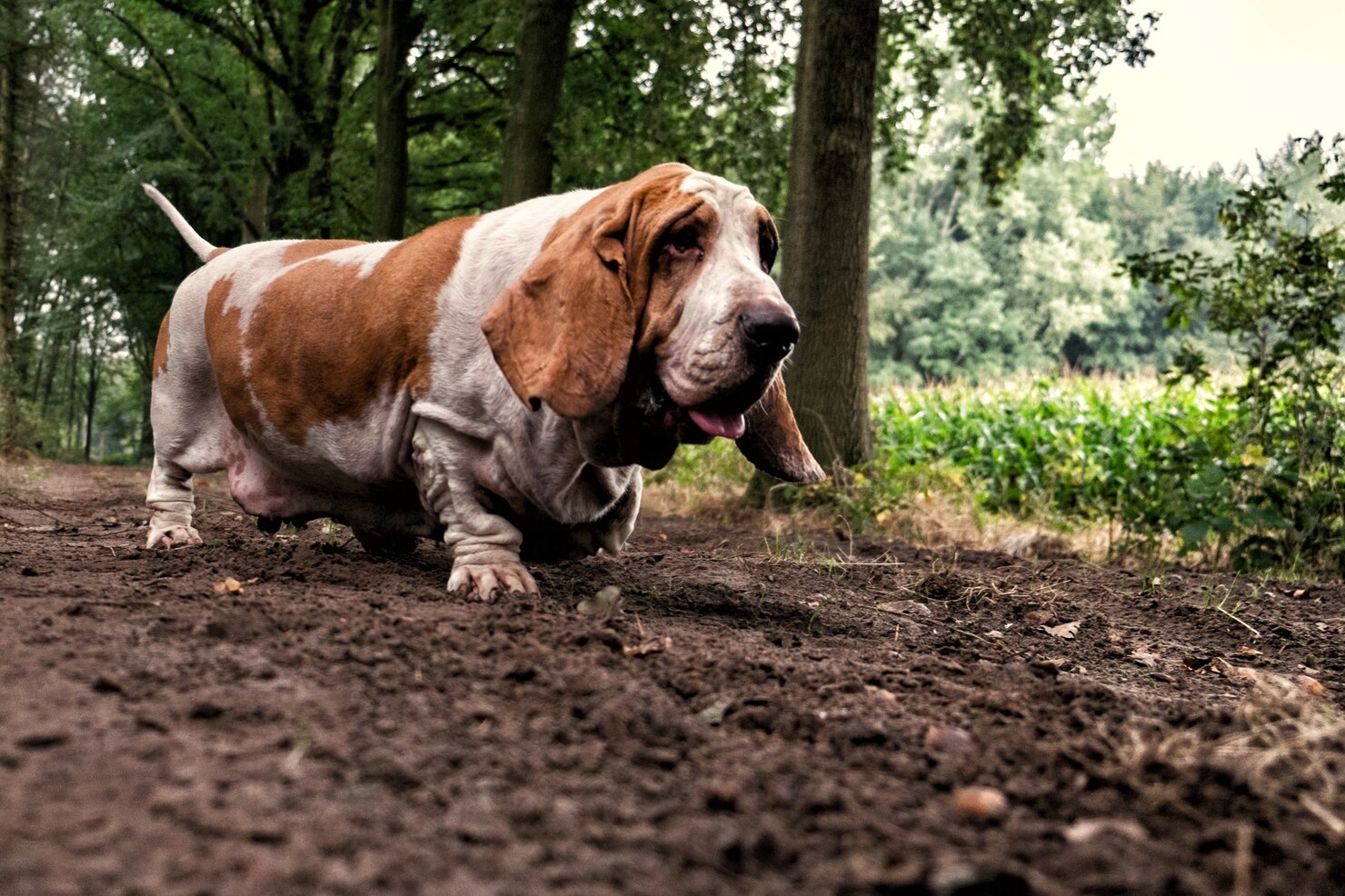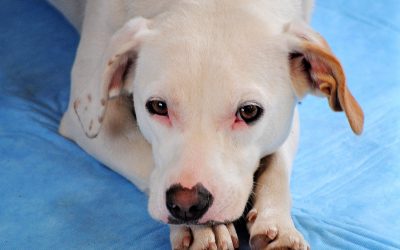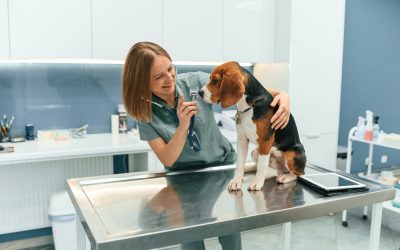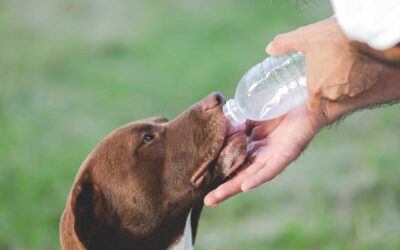Why Does My Dog Smell So Bad? Vet-Approved Tips

For dog owners, a certain level of “doggy aroma” is a natural part of having a furry friend. However, when that aroma turns into a persistent or unpleasant smell, it can signal an issue worth exploring. Understanding the causes behind a dog’s odor can help ensure their comfort and well-being.
Dogs naturally produce odors from oils secreted by their skin and the bacteria on their fur. While this is normal, an overwhelming or unusual smell may point to a health or hygiene issue that needs attention.
Common Causes of Dog Odor
Several factors contribute to bad smells in dogs:
- Infrequent Grooming: Dogs need regular baths and brushing to remove dirt, dead skin cells, and bacteria. Skipping these routines can lead to an unpleasant buildup of odors. However, Dr. Jackie Campbell, DVM, DACVD, says in the article from American Kennel Club: “Many of us have misconceptions about giving dogs too many baths. She says it’s a good idea to bathe your dog monthly, but she sees canine patients who receive weekly baths or even daily showers. On a positive note, dog shampoos often contain ingredients like lipids and ceramides, which can protect the skin and stop it from drying out.”
- Skin Conditions: Allergies, infections, or hot spots can irritate the skin, causing excessive scratching and oil production, resulting in unpleasant smells.
- Ear Infections: A foul smell emanating from your dog’s ears may indicate an infection caused by bacteria or yeast.
- Dental Health: Poor oral hygiene can lead to plaque and tartar buildup, resulting in bad breath.
- Anal Gland Problems: Impacted or infected anal glands often produce a strong, fishy odor.
- Digestive Issues: Excessive flatulence or unusual stool smells might indicate dietary sensitivities or gastrointestinal concerns.
- Wet Fur: If your dog’s fur doesn’t dry properly, it can create a musty odor due to bacterial or fungal growth.
What to Do if Your Dog Smells
According to Dr. Jackie Campbell, DVM, DACVD, as described in this article: “If your dog smells and you notice some of the above symptoms, take them to the vet. “Too often,” Dr. Campbell says, “I hear from owners, ‘Oh, my gosh! I wish I would have found you sooner. I’ve been dealing with this for two years, and in 30 days, I have a new dog.”
Stick to treatments prescribed and recommended by your vet. Avoid using home remedies, including:
- Borax
- Hydrogen peroxide (especially inside dogs’ ears)
- Vinegar
- Bleach
- Coal tar
In addition to addressing the causes of bad smells, here are two ways to help you minimize odors in your home:
- Clean Living Spaces: Regularly wash bedding, toys, and other items your dog frequently uses.
- Ensure Proper Ventilation: Airing out your home with fans or air purifiers can help reduce lingering odors.
How Can Pet Insurance Help You if Your Dog Needs a Treatment?
Pet insurance can be a valuable tool in managing the costs of treating a dog’s veterinary expenses. By having a pet insurance policy in place, you can have peace of mind knowing that you can provide medical care for your furry companion without worrying about the financial burden. Pet insurance can help cover the costs of veterinary consultations, diagnostic tests, medications, and even specialized treatments if required.
Reimbursement
This method is the most common for pet insurance companies. You pay out of pocket for the veterinarian bill, and then the insurance company reimburses you for what’s covered under the insurance plan. The steps look like this.
- You pay the vet bill after your dog’s visit.
- You fill out the pet insurance claim form.
- Submit the claim form and other required documentation to the insurer.
- After the claim is approved, you will be reimbursed for eligible expenses.
What Does Odie Pet Insurance Cover?
Pet insurance covers various veterinary expenses, providing financial protection and peace of mind for pet owners. Here are the details of the coverage options offered by Odie Pet Insurance:
Illness & Injury Plan
The Illness & Injury Plan is designed to cover a wide range of medical needs for your pet. This plan includes comprehensive coverage for various illnesses, injuries, and veterinary services. Some of the covered items include:
- Veterinary exams and consultations
- Diagnostics (e.g., X-rays, lab tests)
- Prescribed medications
- Surgeries and hospitalization
- Rehabilitation, acupuncture, or chiropractic treatments
- Medically necessary supplies
The Wellness Plan
The Wellness Plan is a monthly membership that focuses on preventive care and covers routine veterinary services.
- Provides reimbursements for routine care items, including wellness visits (exams and vaccines), testing and parasite prevention, dental cleanings and at-home dental care, vitamins, supplements, and more.
- Through Odie’s partnership with Petivity, a leader in smart pet products and proactive care, Wellness Plan members can also receive reimbursements for Petivity devices and health kits, as well as eligible Purina food and supplements.
- Total reimbursement up to $700 per year.



